
Will global capitalism eventually wean itself off fossil fuels? Can wind, solar, geothermal and other renewable energy sources generate enough joules to drive permanent economic growth? Should carbon emissions be taxed?
A year-round program of bi-communal basketball games helps Greek and Turkish Cypriot teens shed stereotypes and make friends while modeling coexistence on a divided island.
It’s not a new or unique story. The factories in a blue-collar industrial town grow silent and the character of the city surrounding them is transformed.
When the early organizers of a union for United Church ministers approached the Canadian Autoworkers in 2004, they had no idea that they were creating a whole new way for workers to organize.
Things constantly change. Everyone knows it. Steady, sometimes sudden change provides contour to individual human lives. Now, it seems humans have changed planet Earth like it’s never been changed before.
Welcome to Fast Forward: Stories of Challenge & Change — a brand new series of the Green Planet Monitor’s about life on Earth. Join us over the next four months. Listen, Read, Watch.
Voices - Listen, Read, Watch
The Bay of Fundy, on the north shore of the Canadian province of Nova Scotia, is one of Earth’s great wonders. Listen to Matt Abbott, a Fundy Baykeeper.
Saskatchewan’s Prairie School for Union Women has been building personal and leadership skills, and solidarity among women workers, for sixteen years.
In need of a hard-hitting enviro news fix? BC-based publication The Watershed Sentinel is your go-to source for cutting edge green news and trenchant analysis — from British Columbia and beyond.
Follow a group of naturalists up New Brunswick’s Nashwaak River, from its mouth, across from the provincial legislature in Saint John, to its headwaters a hundred and fifty kilometers north, near a proposed tungsten-molybdenum mine.
In the summer of 2014, several hundred people gathered at a fracking “Day of Protest” in Kent County, between Moncton and Miramichi — Elsipogtog First Nations territory.
For all the damage they’ve inflicted on their one and only home, many human beings reflect on where they’ve gone wrong, and the major changes they’ll have to embrace in order to survive. Here are a few voices we’ve managed to capture.
Latest Posts - Listen, Read, Watch
Podcast (the-green-blues-show): Play in new window | Download
Subscribe: RSS
On the margins of the 23rd session of State Parties to the Rome Statute of the International Court, in The Hague, a stairway conversation about international law, and its fate, with South African Ambassador to the Kingdom of the Netherlands, Vusi Madonsela / The obscure UN committee charged with eliminating “all forms of racial discrimination” labours for five years on scrupulously detailed apartheid charges by Palestine against Israel, and comes up with … no comment — or “individuated” apartheid finding, as Irish legal scholar and CERD committee commentator David Keane tells the GPM.
Canada/Greece-based lawyer, journalist and activist Dimitri Lascaris speaks to the GPM about Bashar al-Assad’s downfall, and the machinations of much more powerful, conniving, and lawless international leaders.
Podcast (the-green-blues-show): Play in new window | Download
Subscribe: RSS
A conversation about the downfall of Bashar al-Assad with Columbia University professor Jeffrey Sachs, and about the global nuclear menace with Columbia chemist and nuclear arms analyst Ivana Nikolic Hughes
In the wake of Bashar al-Assad’s downfall at the hands of a small army of jihadist rebels — no doubt aided and abetted by the US and Israel (aka Israel-USA) — the GPM speaks with Columbia University Professor Jeffrey Sachs. From events in Syria, our conversation turns to the non-existent rule of law, prospects for Palestine once Donald Trump moves into the White House, and the nature of competent leadership.
Podcast (the-green-blues-show): Play in new window | Download
Subscribe: RSS
Voices & stories from the 23rd session of the Assembly of State Parties to the Rome Statute of the International Criminal Court, in The Hague.
Podcast (the-green-blues-show): Play in new window | Download
Subscribe: RSS
Eighty years after the bombing of Hiroshima and Nagasaki, the real reasons for America’s hideous assault have been unearthed by a small army of scholars. Among these – a guy named Glenn Alcalay, Associate Professor of Anthropology at John Jay College of Criminal Justice, at City University of New York.

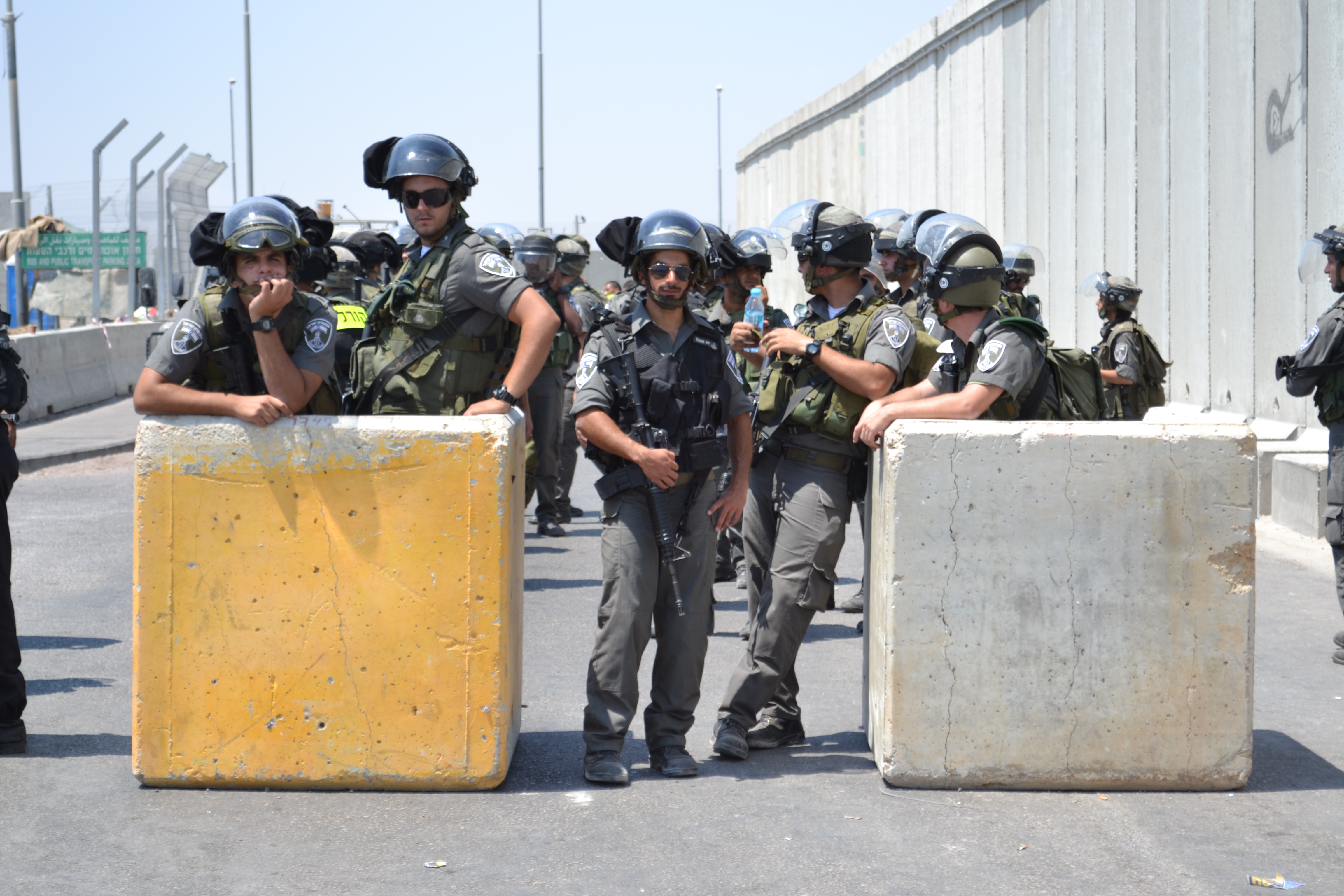
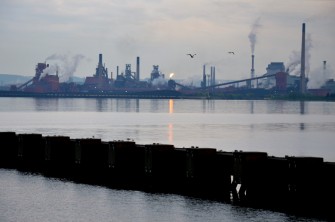
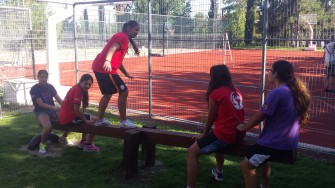

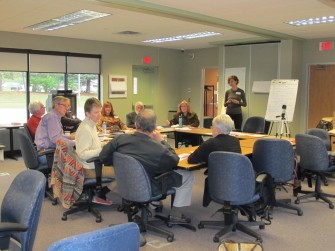
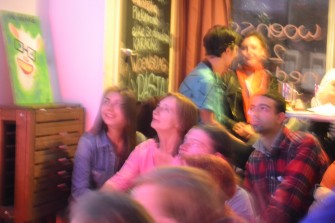
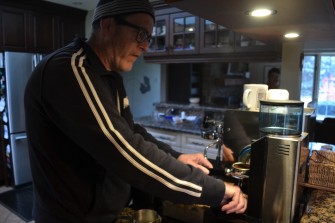



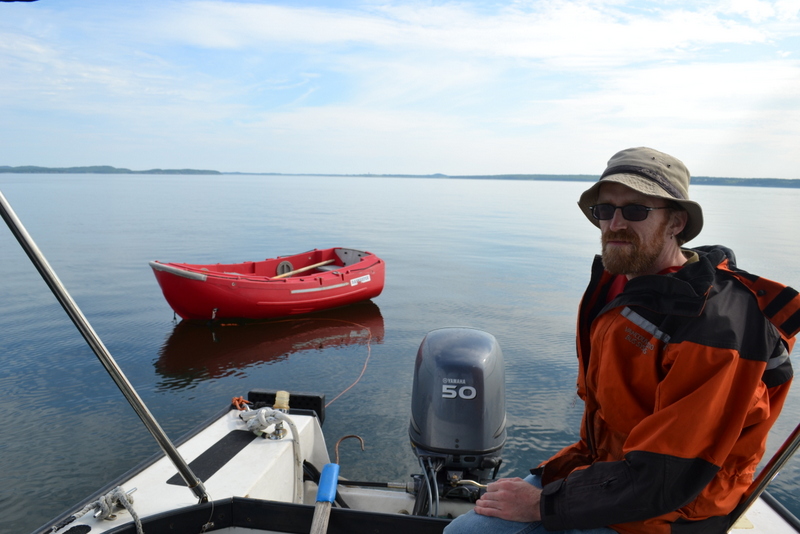
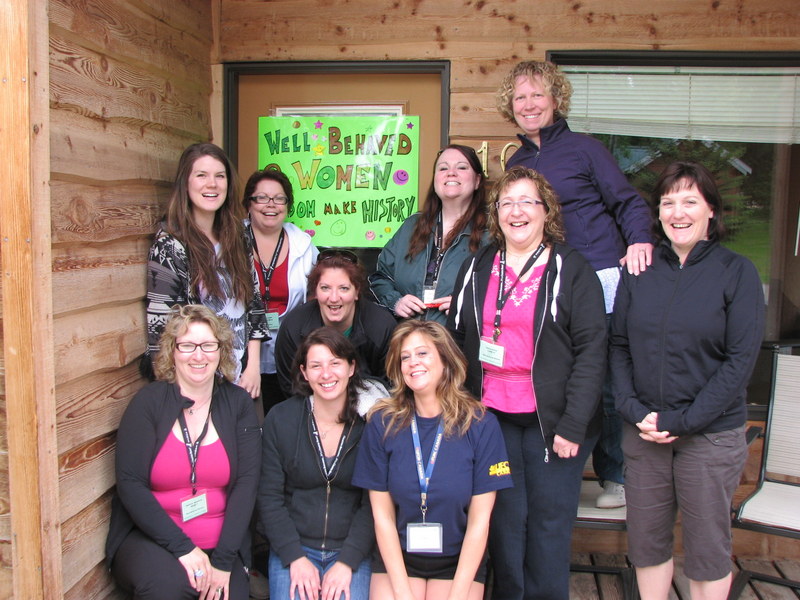
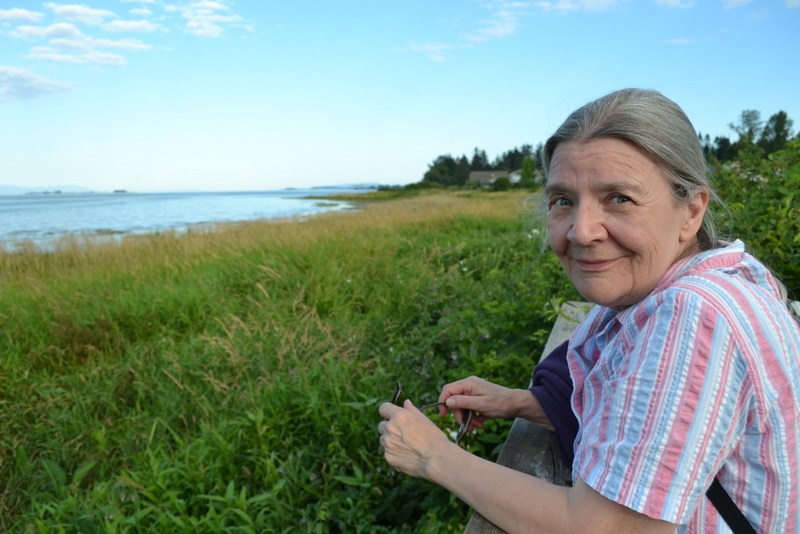
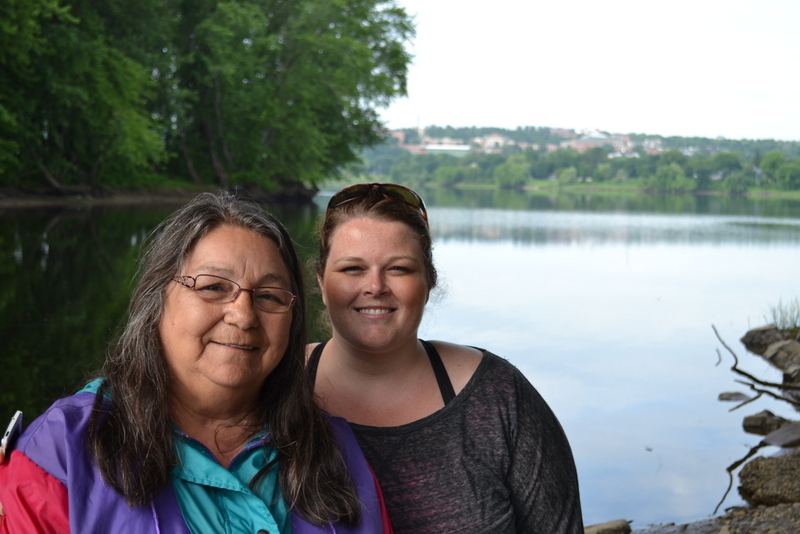

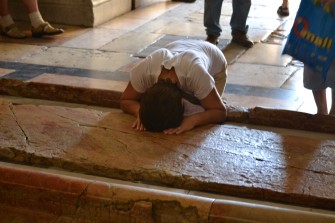
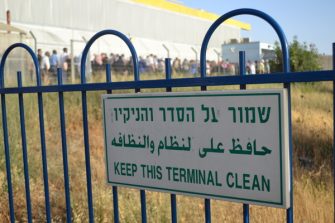





Latest Comments
[…] US military nuclear testing site. At the time, residents were relocated to nearby Rongerik and Kwajalein atolls before arriving at Kili Island in […]